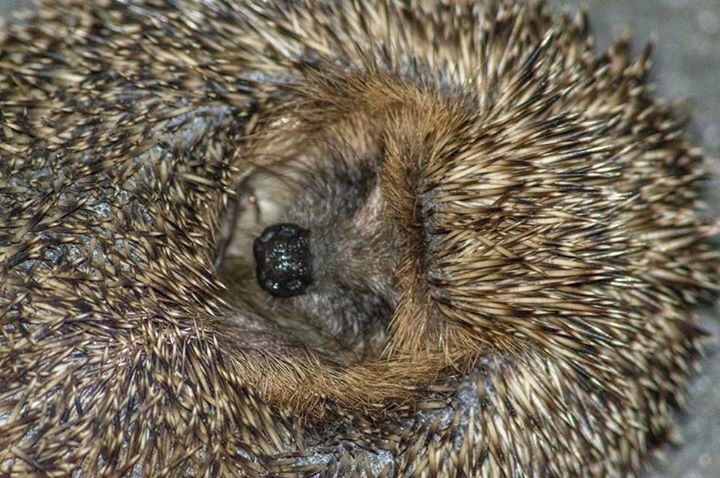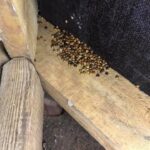
Protecting Hedgehogs: Why Rodenticides Should Be Placed in Bait Stations
Introduction
Why protecting Hedgehogs is an important role in the UK’s biodiversity, acting as natural pest controllers. Sadly, rodenticides pose significant risks to hedgehogs. Even small amounts of poison can impact their health and survival. To protect them, always place rodenticides in bait stations. Bait stations prevent accidental exposure to hedgehogs and other wildlife. Here, we explain why using bait stations is crucial for protecting our hedgehog population.
Hedgehogs and Rodenticide Dangers
Rodenticides are designed to kill rodents, but they affect any animal that ingests them. Hedgehogs are particularly at risk because of their scavenging behaviour. They may encounter bait or poisoned rodents and consume them, leading to poisoning.
Ingesting rodenticides can cause serious health issues in hedgehogs, including internal bleeding, organ failure, and death. Anticoagulant rodenticides, for example, prevent blood from clotting, leading to severe haemorrhaging. Even small amounts of these poisons can be fatal for hedgehogs.
The Importance of Bait Stations
Using bait stations is one of the most effective ways to protecting hedgehogs and other wildlife. These stations are designed as enclosed spaces that allow only small rodents to access the rodenticides. This prevents larger animals, like hedgehogs, from reaching the poison and reduces the risk to other wildlife.
Bait stations offer other safety benefits too. They protect the bait from weather, keeping it dry and effective for longer. By securing rodenticides in bait stations, pest control providers can more accurately target rodents.
How Bait Stations Minimise Exposure to Hedgehogs
Using bait stations minimises the exposure of hedgehogs and other wildlife to harmful rodenticides in several ways:
- Limited Entry Design: Bait stations are designed with narrow openings that allow only small rodents to enter. This design keeps larger animals, including hedgehogs, from accessing the poison inside.
- Reduced Secondary Poisoning: Restricting rodenticide access to rodents only lowers the risk of secondary poisoning. Hedgehogs may accidentally ingest poisoned rodents, but bait stations reduce this chance by ensuring fewer poisoned rodents are available as prey.
- Safer Placement in Wildlife Habitats: In areas with active wildlife, pest control professionals place bait stations in secure, targeted locations. This keeps rodenticides away from non-target species and minimises environmental risk.
Shire Pest Solutions’ Commitment to Hedgehog Safety
Shire Pest Solutions knows the importance of protecting hedgehogs while effectively managing rodents. As a trusted pest control provider in Didcot and Wallingford, Shire Pest Solutions emphasises safe, responsible practices.
When possible, Shire Pest Solutions avoids using rodenticides in sensitive areas. When rodenticides are necessary, they use bait stations that help prevent accidental exposure to hedgehogs. By placing rodenticides in bait stations, Shire Pest Solutions can target rodents without harming local wildlife.
Shire Pest Solutions also offers alternative options that provide effective control without poisons. These include traps, exclusion methods, and habitat modification techniques. By tailoring pest control to each situation, Shire Pest Solutions supports wildlife conservation and promotes sustainable practices.
Final Thoughts
Hedgehogs play a crucial role in UK ecosystems. Protecting them from rodenticides is vital for maintaining biodiversity. Using bait stations keeps rodenticides safe and contained, reducing risks for hedgehogs and other wildlife. By following responsible pest control practices like bait station use, we can manage rodents effectively without harming our hedgehogs.
If you need pest control services in Didcot or Wallingford, contact Shire Pest Solutions. They offer safe, environmentally friendly options that protect both your property and local wildlife.



